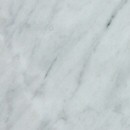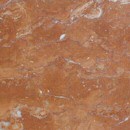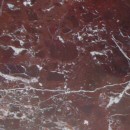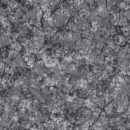Marble Tiles
Although many ceramic tiles manufacturers attempt to copy the patterns and colours, nothing can match the look and feel of real marble tiles.
Marble is a metamorphic rock formed from carbonate rocks such as limestone, the temperatures and pressures of the process transforms the crystal structure to produce a very hard, with an almost translucent appearance at the surface. This makes marble on of the most attractive naturals stones used in construction and its beauty has been recognised for thousands of years, with many ancient buildings utilising it for decorating walls and floors in a tile format.
Impurities present during the formation of the rock lead to the characteristic veining present in many marbles although some may have a more uniform colour. The colour of marble can vary very considerably, from pure white to jet black, with a whole rainbow of colours in-between.




Marble is a strong and durable material making marble tiles suitable for use on floors but as the most common finish for marble is a highly polished one, this can result in floors becoming very slippery, especially when wet. Obviously there are measures that can be taken to prevent slipping when such tiles are used in a bathroom or shower room such as duckboards or bathroom mats.
Although polished marble has an almost glass-like finish the tiles are still porous which can result in dirt and spills staining the surface. Tile suppliers will be able to offer a specialist sealer that can help protect the tile surface and prevent stains without substantially altering the colour of the tile. Polished marble when used on floors can become dull with heavy use although this is less of an issue
As well as sealers there are also specialist adhesives formulated for use with natural stone tiles such as marble. These should be used in conjunction with the approved mixing method that will result in the whole of the back of the tile being covered, unlike ceramic tiles which are frequently fixed using "blobs" or beads of adhesive (formed when using a notched trowel to spread the adhesive). Manufacturers of adhesives suitable for natural stone include BAL, Dunlop and Weber.


